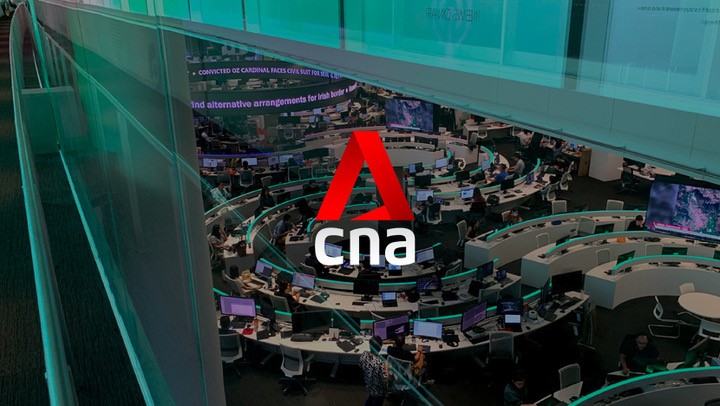There have been calls for caution and strategy in boycotts of Israeli-linked products in Malaysia following the US recognition of Jerusalem as Israel's capital.
The Malaysian People's Economic Party (PEKIRA) on Saturday (Dec 16) issued a list of more than 30 companies it believes should be boycotted in Muslim-majority Malaysia for alleged links to Israel, including Nestle, Starbucks and Coca-Cola. Several similar lists have been circulating on social media.
Boycott Divestment & Sanctions (BDS) Malaysia, on the other hand, has narrowed down its targets to five companies including machinery-manafacturer Caterpillar and tech company, Hewlett-Packard (HP), based on guidance from the international BDS Movement. It alleges research shows these businesses have proven links to Israel and can be more easily boycotted by Malaysians.
"There are some companies that have got products that are difficult for Malaysians to live without, I wouldn't mention the name, but those companies we think better to ignore them for the moment. When the time comes we will include them in the list," the boycott movement's president, Professor Mohd Nazari Ismail tells Channel NewsAsia.
"Sometimes (people are) overenthusiastic; they want to boycott anything that people mention is related to Israel but we try to educate them that they have to be selective."

McDonald's Malaysia, which has been a repeated target of these boycott movements, stressed early on that it was 100 per cent locally owned. (Photo: Sumisha Naidu)
He adds that any boycott should not be "unjust" and "companies not directly related to Israel should not be boycotted".
Channel NewsAsia has contacted the companies named above for comment. Nestle, Starbucks and Hewlett-Packard have yet to respond.
Sime Darby, a government-linked company that distributes Caterpillar machinery in Malaysia and the region, declined to comment. However, in 2016 it said it was only a distributor for the Asia Pacific, distancing itself from any alleged use of the machinery by Israeli forces in Palestinian territories.
Coca-Cola had told CNA on Thursday that "it does not support or oppose religious causes or favour one country over another anywhere in the world", adding that any boycott would affect Malaysians who rely on the company for income.
McDonald's Malaysia, which has been a repeated target of these boycott movements, stressed early on that it was 100 per cent locally owned. Last week, it preemptively lodged police reports against parties calling for boycotts, with a rep telling CNA that protests over alleged links to Israel in 2014 had affected operations in some outlets, as well as company morale.
WHY NOT BOYCOTT AMERICAN COMPANIES?
Despite the different approaches, boycott movements in Malaysia have all typically focused on Israel-linked companies rather than businesses from countries seen to support Israel.
However, there are questions now as to why groups are not targeting American companies as well, given the anger at US President Trump.
BDS Malaysia says this would involve too many companies - with the US being Malaysia's third largest goods trading partner - lowering the chances of public participation.
Former prime minister and opposition leader Dr Mahathir Mohamad has also cautioned against going after companies simply because they are from a country seen to support the Zionist movement.
"A lot of companies are from America although they may be owned by Jews," he told reporters.
"We have to study (who to boycott) carefully ... we don't want to cut off our nose to spite our face."
THE EFFECTIVENESS OF BOYCOTTS
The impact of the previous boycott against McDonald's in Malaysia has been cited as an example of a success story by groups driving these campaigns.
However, economists are skeptical about their intended impact - including Jeffrey Cheah Institute on Southeast Asia's Professor Yeah Kim Leng.
"The effectiveness of most boycotts and sanctions are highly questionable, partly because of unintended consequences, in this case the negative income and employment impact on Palestinians working in Israel's industries," he told CNA.
"Importantly, due to the highly integrated supply chain for most products, boycott of globalised products could have adverse consequences to the national economy especially if local firms are involved in the domestic supply chain."
Nonetheless, those calling for boycotts believe it is a way for the public to participate in anti-Israeli movements - even if it is more symbolic than impactful.
Hundreds of Malaysians have chosen to show support by participating in protests as well. Next Friday, Prime Minister Najib Razak will spearhead his own, scheduled to address a mass rally in solidarity with Palestine in the country's administrative capital, Putrajaya.
Source: CNA/zl


























